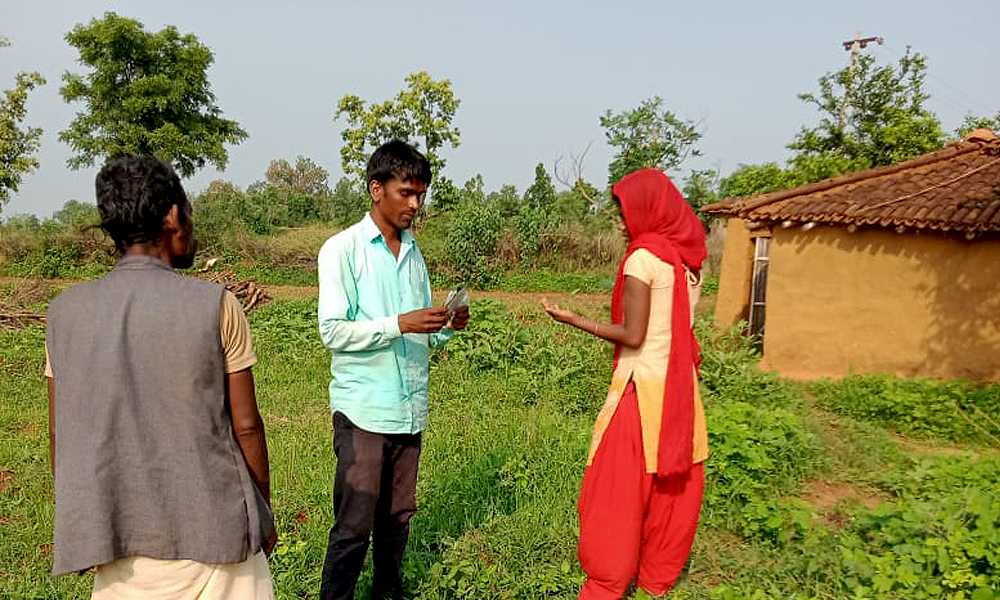Critical Ethnography
Overview
Critical ethnography is the culmination of critical theory and ethnography, in an effort to address some of the colonial problems with ethnography (the study of cultures). Critical theory and studies generally is rooted in the critical observation and explanation of society with the goals of challenging dominant power structures and instigating change. So, critical ethnography can be described as the critical study of individual cultures with the intention to challenge dominant power structures. In keeping with traditional ethnography, critical ethnography still works to understand subjects’ points of view and meaning-making.
Example
In McCarty et al.’s (2012) “Re-emplacing place in the ‘global here and now’—critical ethnographic case studies of Native American language planning and policy,” the authors lay out three detailed case studies regarding three different Indigenous communities in the “Americas” (Hopi, Navajo, and Yup’ik), investigating the specific ways that these communities have approached language education and policy in contemporary contexts. Through using this approach, the authors center the observations of Indigenous educators as “key forms of evidence in place-based collaborative research.”
Literature
- Burnette, C. E., Sanders, S., Butcher, H. K., & Rand, J. T. (2014). A toolkit for ethical and culturally sensitive research: An application with indigenous communities. Ethics and Social Welfare, 8(4), 364-382.
- Foley, D., & Valenzuela, A. (2005). Critical ethnography. The Sage handbook of qualitative research, 217-234.
- McCarty, T. L., Nicholas, S. E., & Wyman, L. T. (2012). Re-emplacing place in the “global here and now”—critical ethnographic case studies of Native American language planning and policy. International Multilingual Research Journal, 6(1), 50-63.
- Reyes Cruz, M. (2008). What if I just cite Graciela? Working toward decolonizing knowledge through a critical ethnography. Qualitative Inquiry, 14(4), 651-658.
- Thomas, J. (1993). Doing critical ethnography (Vol. 26). Sage.
Overview
Often shorter in duration than an ethnography, a case study is a method to deeply observe the characteristics of a person, group, or community, in order to analyse various phenomena in relation to that unit of study. Case studies typically account for the “why” of a particular phenomenon, looking extensively at contextual factors. A comparative case study will look at multiple sites, examining them for similarities and differences that shed light on broader phenomena.
Literature
- Foley, D., & O’connor, A. J. (2013). Social capital and the networking practices of indigenous entrepreneurs. Journal of Small Business Management, 51(2), 276-296.
- Billiot, S., Beltrán, R., Brown, D., Mitchell, F. M., & Fernandez, A. (2019). Indigenous perspectives for strengthening social responses to global environmental changes: A response to the social work grand challenge on environmental change. Journal of Community Practice, 27(3-4), 296-316.

